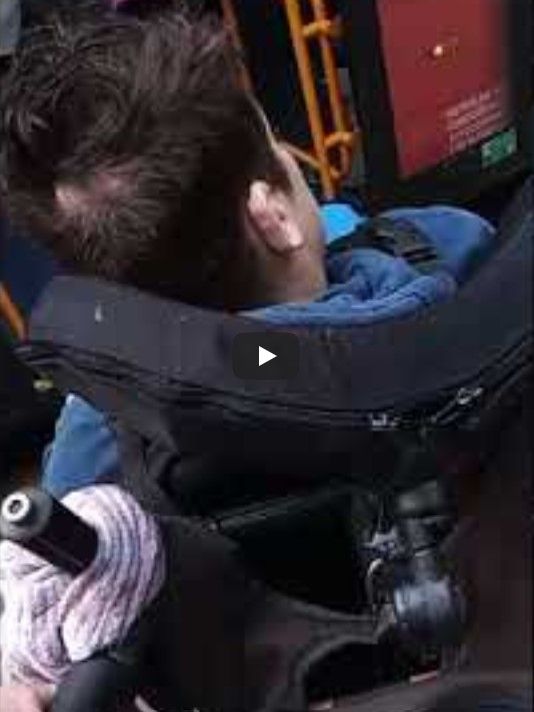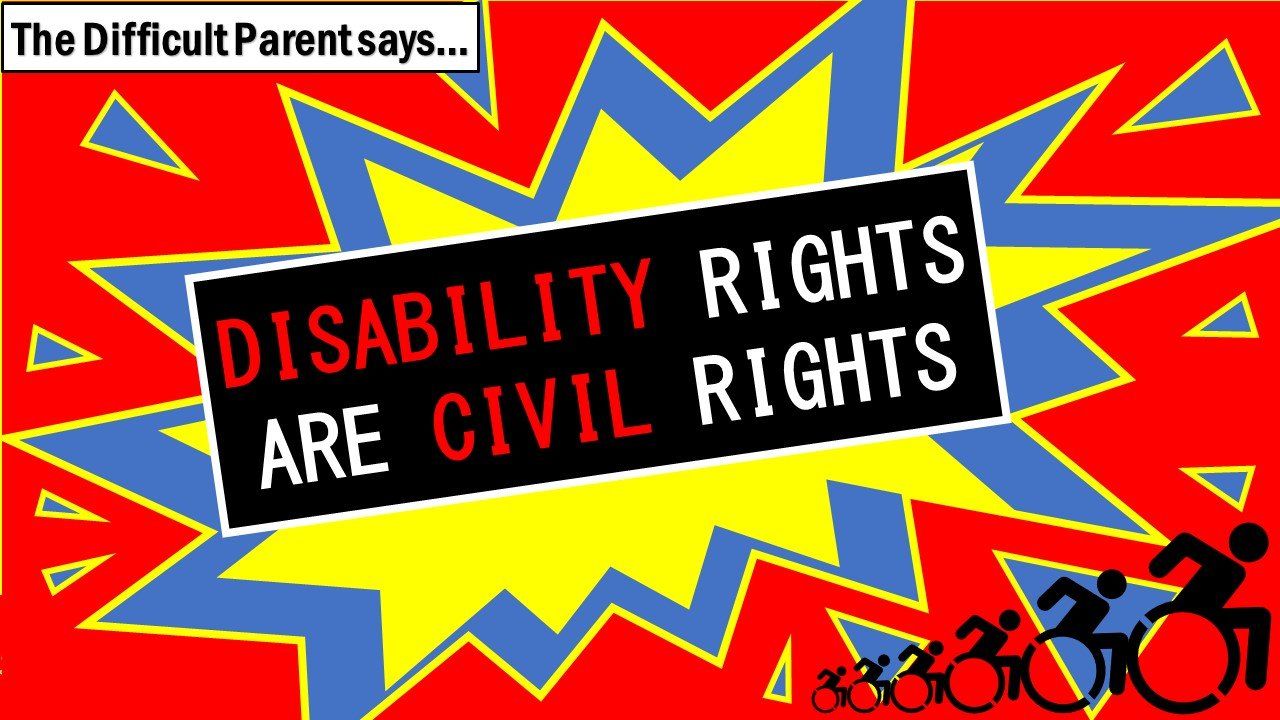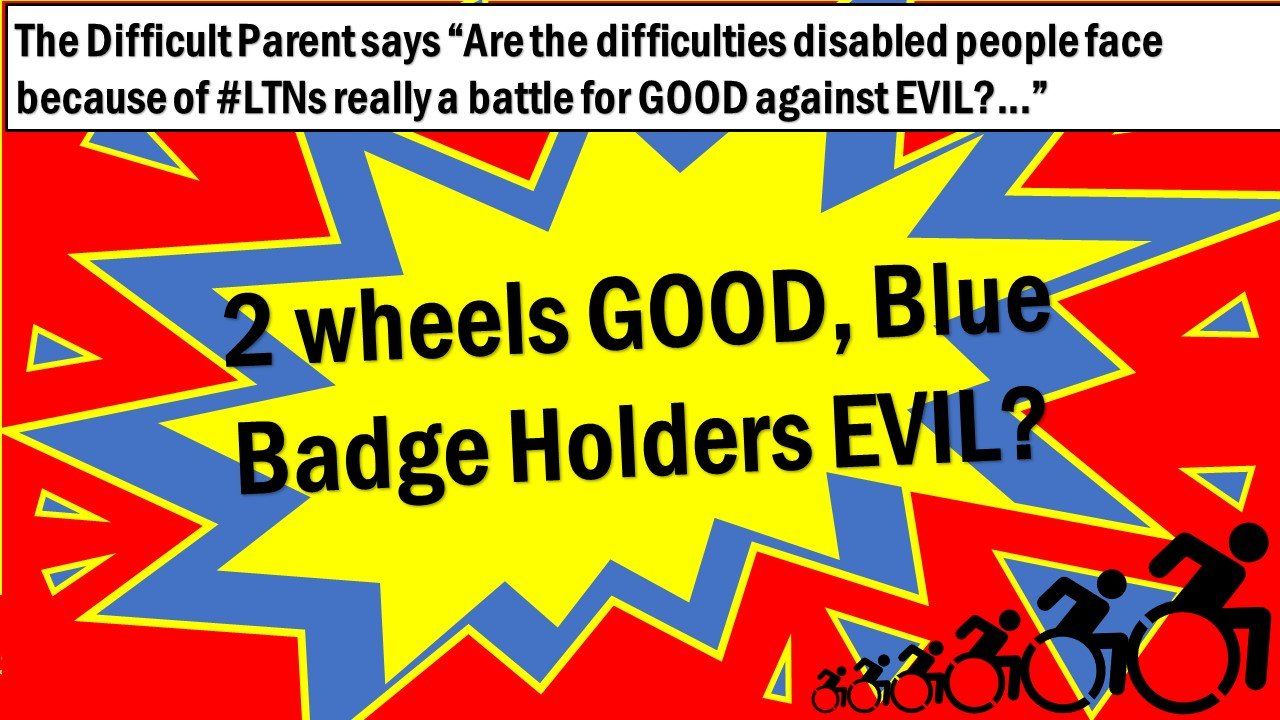A blog all about Rett syndrome
- By Brian Leveson
- •
- 25 Feb, 2021
- •
What is Rett syndrome? Rett syndrome is a rare neurological disorder affecting mainly females and very few males. It is present from conception and usually remains undetected until major regression occurs at around one year of age, when children may lose acquired skills and become withdrawn. People with Rett syndrome have profound and multiple physical and communication disabilities and are totally reliant on others for support throughout their lives.

What is Rett Syndrome?
What is Rett syndrome?
Rett syndrome is a rare neurological disorder affecting mainly females and very few males. It is present from conception and usually remains undetected until major regression occurs at around one year of age, when children may lose acquired skills and become withdrawn. Genetic but largely not inherited, Rett syndrome is usually caused by a fault on a gene called MECP2 which is found on the X chromosome. People with Rett syndrome have profound and multiple physical and communication disabilities and are totally reliant on others for support throughout their lives.
Rett syndrome was first described in 1966 by the Austrian doctor, Andreas Rett. It could occur in any family and affects approximately 1 in 10,000 girls born each year and 1 in 40,000 boys.
Almost all cases of Rett syndrome are caused by a mutation (change in the DNA) in the MECP2 gene, which is found on the X chromosome (one of the sex chromosomes). This gene contains instructions to make a particular protein (MeCP2) that is vital for brain development. The gene abnormality prevents nerve cells in the brain from working properly. Almost all people with Rett syndrome have no history of the disorder in their family, and the mutation has happened spontaneously. Often parents feel that they must have been responsible for their child’s condition but this is not true. Because the mutation happens spontaneously there is nothing that the parent has or has not done, it is just a random new mutation .
Why is Rett syndrome almost always seen in girls?
Each person normally has one pair of sex chromosomes in each cell – females have two X chromosomes and males have one X and one Y.
Rett syndrome results when half the cells in the child’s brain and spinal cord are normal and half are abnormal (the child survives, but has a severe disability). This happens when the child has one X chromosome with the severe MECP2 abnormality and one X chromosome with the normal version of the gene. The child is almost always female as males don’t have a second X chromosome.
Rare exceptions of Rett syndrome in males occur when, for example, the male is born with an extra X chromosome so he has three sex chromosomes (XXY; known as Klinefelter’s syndrome), or when the change is found in only some of the boy’s cells (known as mosaicism).
Males who carry the abnormal MECP2 gene on their only X chromosome will usually develop a serious condition known as infantile encephalopathy and will not often survive beyond two years.
Males with less severe changes in their MECP2 gene can live a long life and are affected with learning difficulties but usually less severely than in Rett syndrome. Females who carry such (milder) changes on one of their two X chromosomes will often be perfectly healthy.
Rett UK
Rett UK - a charity offering help and support
Rett UK provide free support, advice and resources to anyone affected by Rett syndrome. Amongst their services the Family Support Team offer: help with diagnosis, support groups, advocacy, getting started with communication support and training, regional roadshows, accessing a specialist Rett syndrome clinic, as well as bereavement support.
How can we help Rett UK?
Rett UK know there are more people with Rett syndrome who either haven’t been given the correct diagnosis as well as families who have a diagnosis but don’t yet know about us and the free services we provide.Rett UKare particularly keen to reach BAME families who are underrepresented in our community despite the prevalence rate of Rett syndrome being the same for all ethnicities –Rett UKare concerned there are families who are missing out on vital information and support, that in some cases can be life-saving.Rett UKwould therefore love to engage with those affected and would be ever so grateful if you could help us to help people affected by Rett syndrome by sign posting them toRett UK's free services.
Personal stories
To show the impact of the work of Rett UK, here are some quotes from families they support ...
Alanna, Mother of Aurora, 5 years old: “It's a very hard and lonely road but Rett UK are always at the end of the phone when needed. They also create opportunities for families to feel inclusive and keep everyone informed about things affecting our everyday lives.”
Neil, Dad of Elsie, 2 years old: Our little princess was diagnosed last week. As soon as my wife and I contacted Rett UK they helped so much with support and hope. Truly amazing people helping truly amazing little girls. Thank you.
Heather, mum to Ruth, 20 years old: Thank you to everyone who organised the day. As always, I came away with new ideas, fresh confidence and sound advice to try to help my daughter in the best possible way I can. x
Kate mum to Kim, 7 years old: My knowledge and understanding of Rett syndrome has helped me be a better Mum to Kim and that is thanks to RETT UK. X
How to contact Rett UK
Rett UK Family Support team can be contacted by telephone 01582 798 911 or by email support@rettuk.org and the website address is www.rettuk.org and they also have a Facebook page
https://en-gb.facebook.com/RettUK/
Rett UK also provide a free quarterly magazine, Rett News full of news and information relating to Rett syndrome. The latest edition can be downloaded here https://www.rettuk.org/resources/resources-for-families/resources-news/
If you would like to keep in touch please sign up here https://www.rettuk.org/gdpr or alternatively contact us here at difficultparent@gmail.com










